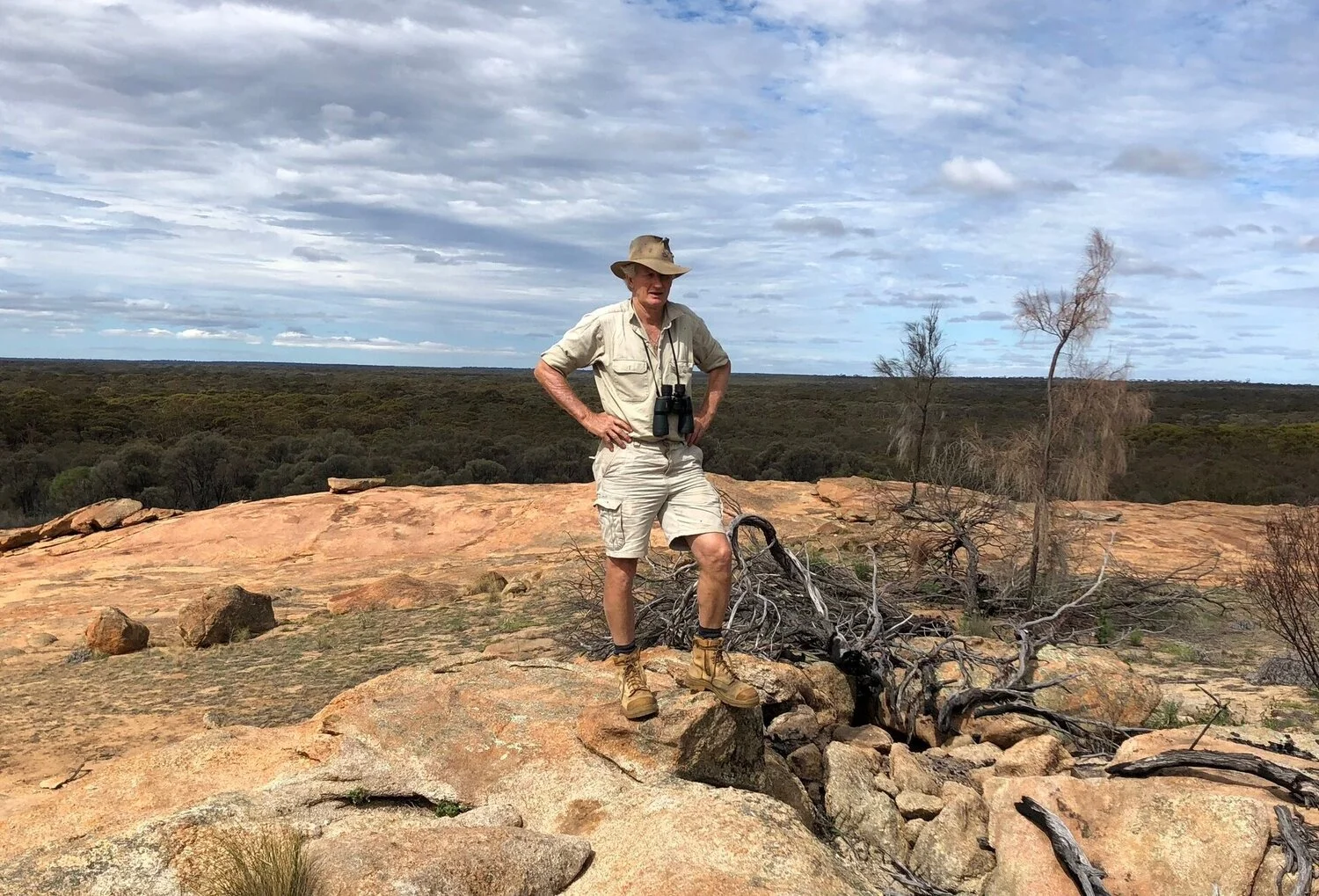Welcome to the
’Great Southern’
where Western Australia’s heritage comes to life!
Did you know that Albany (Noongar name Kinjarling), the largest town on the Amazing South Coast, was the first colonial settlement in Western Australia, pre-dating Perth and Fremantle by over 2 years? The wonderful stories of the Great Southern region are the foundations of Western Australia’s colonial heritage and our inspiration for Great Southern Outback Tours & Accommodation.
Great Southern Outback Tours & Accommodation are a privately owned bespoke outback touring company located in the beautiful Kalgan River valley near the port city of Albany. We offer small group off-the-beaten-track eco-tour adventures discovering the glorious rural landscapes of WA’s southern coast from the rugged coastal cliffs of the Southern Ocean to the pioneering Goldfields and all points in-between. We like to think that we do things a little differently. It’s extraordinary country out here in WA’s outback, with wide open spaces and clear nights offering an outstanding view of the stars. We’ve created tours that combine a little of everything, from meeting local farmers and seeing amazing wildlife to contemplating both colonial and Aboriginal history and culture.
None of the well-trod tourist trail for us! Our tours go off-road and into the heart of rural communities as that’s where the REAL stories are found.
We have successfully adopted eco-responsible sustainable practices such as:
Recognising cultural responsibility and supporting Indigenous tourism with the range of eco-tours that includes Kodja Place in Kojonup and Mulka’s Cave in Wave Rock.
Committing to the conservation of fauna and flora with extensive plantings of native vegetation, creating nature reserves and water conservation practices.
Producing organically grown food with orchards and extensive vegetable gardens, using recycled materials whenever possible and reducing waste.
Supporting regional and local communities by donating surplus food to Foodback, inviting garden clubs to view the property, financially supporting wildlife conservation groups with threatened species programmes, attending Oyster Harbour Catchment Group activities, incorporating local food and wine experiences, member of Historical Groups in Kojonup and the Eastern Goldfields.
Reducing carbon emissions and the impact on climate change with solar power and using sustainable energy consumption practices.
Maintaining a green supplier policy where practicable and supporting the “buy local” policy.
Enforcing a plastic waste free environment by restricting and/or banning single use plastic bags, glad wrap, plastic plates, knives and forks and throwaway water bottles.
Communicating our environmental efforts through attending conservation and educational conferences and meetings.
Committing to an Emissions Reduction Plan under the Tourism Emissions Reduction Program.
Meet Your Host
Wayne Monks – Owner, Guide & History Devotee
A love of country and communities is at the heart of everything that Wayne does. If there’s a great community project and a fantastic story to tell Wayne will find it! The son of history teachers and having worked and lived in the mining industry in the Eastern Goldfields for 20 years it was inevitable that Wayne would eventually find the opportunity to share his passion for outback landscapes, indigenous cultures and the pioneering past of Western Australia’s Goldfields with like-minded adventurers.
Since moving to the Kalgan River near Albany in 2015, Wayne has embarked on a wonderful project to explore the outback trails of the Great Southern and follow in the footsteps of pioneers like John Holland, who with his colleagues forged a rugged bush track from Broomehill through to Coolgardie (the ‘Old Camp’) in WA’s Goldrush years of the 1890’s. This outback way is one of the least known tracks in WA but equal to the great outback routes traversing Australia.
Wayne’s special interests include geology, archaeology, landscapes, military and colonial history, indigenous cultures, fauna and flora, preserving our mining history and cultural heritage and health and wellness. He has a Bachelor of Business Degree in Accounting (semi-retired FCPA) and a Graduate Diploma in Human Resource Management.


